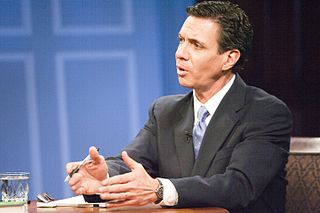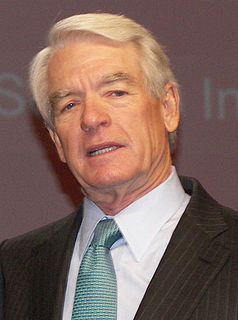A Quote by David F. Swensen
Unless an investor has access to “incredibly high-qualified professionals,” they “should be 100 percent passive - that includes almost all individual investors and most institutional investors.
Related Quotes
I still believe that for good business analysts a concentrated portfolio is a good strategy combined with a long term horizon. Once again, the secret to success in following the formula strategy is patience, a quality in short supply for both professionals and individual investors alike. I think investors should have a large portion of their assets in equities over time.
Where you want to be is always in control, never wishing, always trading, and always first and foremost protecting your ass. That's why most people lose money as individual investors or traders because they're not focusing on losing money. They need to focus on the money that they have at risk and how much capital is at risk in any single investment they have. If everyone spent 90 percent of their time on that, not 90 percent of the time on pie-in-the-sky ideas on how much money they're going to make, then they will be incredibly successful investors.
State funds, private equity, venture capital, and institutional lending all have their role in the lifecycle of a high tech startup, but angel capital is crucial for first-time entrepreneurs. Angel investors provide more than just cash; they bring years of expertise as both founders of businesses and as seasoned investors.
The commission of the investment sins listed above is not limited to 'the little guy.' Huge institutional investors, viewed as a group, have long underperformed the unsophisticated index-fund investor who simply sits tight for decades. A major reason has been fees: Many institutions pay substantial sums to consultants who, in turn, recommend high-fee managers. And that is a fool's game.
But whatever the consensus on the EMH, I know of no serious academic, professional money manager, trained security analyst, or intelligent individual investor who would disagree with the thrust of EMH: The stock market itself is a demanding taskmaster. It sets a high hurdle that few investors can leap.






























